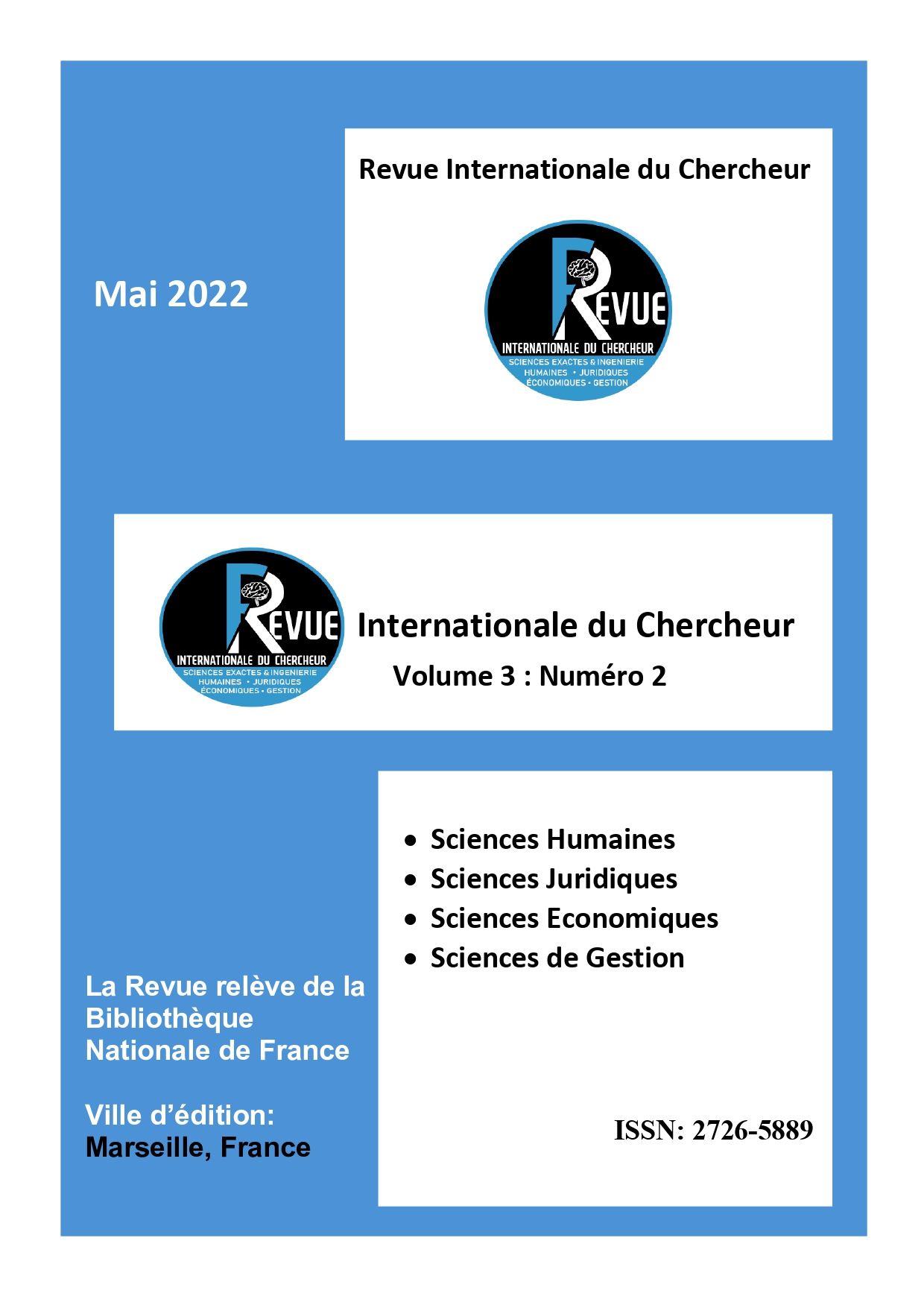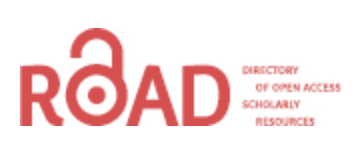Distance learning: Feedback on the effectiveness of its practice during the 2019 health crisis
Keywords:
COVID-19, online education, training, efficiency, satisfactionAbstract
The global health crisis of 2019, caused by COVID, has produced a great disruption on all vital sectors of Moroccan society. Indeed, this crisis has largely affected the education sector at its various levels. However, it was almost to give up an entire school and university year, since almost 80% of the teaching for the year 2019-2020 was provided in face-to-face.
Substitution by online teaching was the only solution to consider, if not the only one. This sudden, unexpected transition from face-to-face to remote has had its negative repercussion on all the actors representing the pedagogical triangle, namely the teacher, the learner, and knowledge in its didactic transposition.
Based on this method of teaching imposed by COVID-19, this study presents the results of a qualitative study carried out by students of ESTS. The objective is to assess the effectiveness of this practice in an emergency setting, according to the Kirkpatrick 2007 training analysis model.
Downloads
Downloads
Published
How to Cite
Issue
Section
License
Copyright (c) 2022 Khadija BOUSDIG , Hiba TAHIRI JOUTI

This work is licensed under a Creative Commons Attribution-NonCommercial 4.0 International License.















